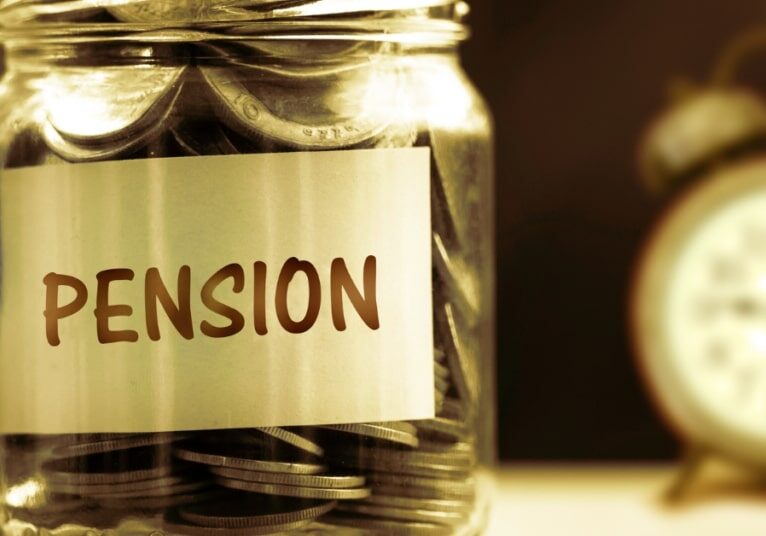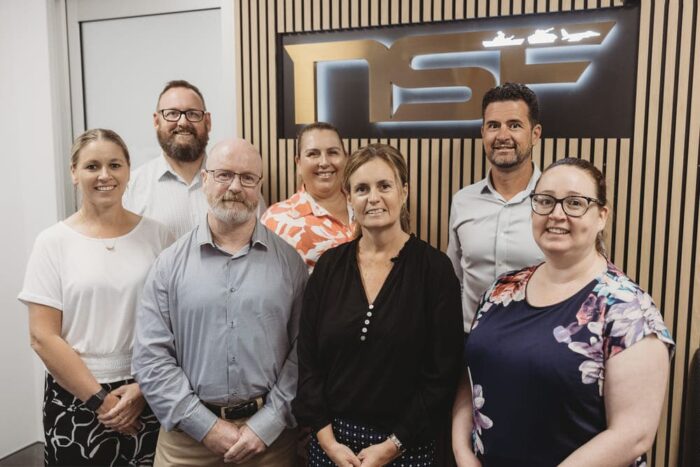What Is A Veteran Affairs Pension?

A Veterans Affairs pension is a payment made to former Defence force members to provide a regular source of income for them and their dependents.
There are several types of pensions and payments made by the DVA to former members who have either:
-
Been discharged due to medical reasons or
-
Who have served in war or war-like environments
Who Can Qualify For A Veteran Affairs Pension?
Types Of Veterans Affairs Pensions
Service Pension
Service pensions fall into three categories:
-
Age Service Pension. Designed to provide a regular income to Veterans, this payment can be made to Veterans who meet the age requirement or those who are incapacitated for work. It is available at a younger age than the government’s social security age pension.
-
Invalidity Service Pension. For Veterans with qualifying service or those that have been permanently incapacitated for work, the DVA provides an invalidity service pension. Eligibility is not linked to the age of the applicant. Unlike some other Veterans Affairs pensions your incapacity does not have to have been caused by service in order to qualify. You will need to be assessed for your permanent incapacity and meet strict criteria before this pension will be approved.
-
Partner Service Pension. Recipients of this pension include; partners of Veterans with qualifying service, former partners of Veterans with qualifying service and a widow or widower of a Veteran who had qualifying service.
Unlike the invalidity and age pension, you must be at least 60 years of age before you can claim a partner service pension. In special circumstances, this may be lowered to 50 years of age.
 Special Rate Disability Pension
Special Rate Disability Pension
Other Veterans Affairs Payments
Incapacity Benefits
As a Veteran, you may be offered the SRDP in place of incapacity payments and will need to carefully weigh up this decision and its financial impacts. The DVA recommends seeking qualified professional help with this decision and also offers reimbursement towards the costs involved.
Permanent Impairment Payments
Permanent Impairment compensation is paid to Veterans in acknowledgement of any permanent physical and/or mental
impairment that exists due to accepted conditions caused by their time in service. It also acknowledges any lifestyle restrictions your illness or injury has caused. Permanent impairment points are points given on the basis of the disability or injury to determine the amount a veteran or ADF member will receive.
Veteran Payment
 Where To Find Help
Where To Find Help
Understanding your financial position and tax obligations can help you better prepare for a financially secure future. For professional support and advice from experienced financial advisers, contact National Service Financial today. We are dedicated to helping veterans and ADF personnel become financially educated so they can make informed decisions.






